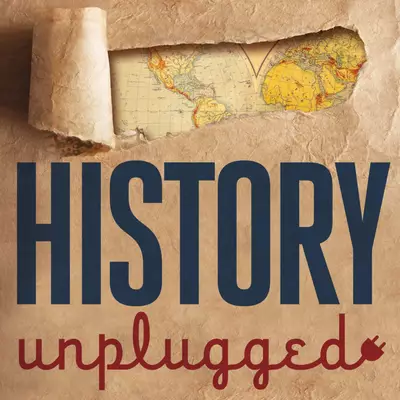Listen on Your Favorite App
Why Armies Stopped Burning Libraries and Weaponized Them Instead
January 11, 2024
00:00
40:07
Listen on Your Favorite App
Books are often seen as “victims” of combat. When the flames of warfare turn libraries to ashes, we grieve this loss as an immense human and cultural tragedy. But that’s not the complete picture. Books were used in war across the twentieth century—both as agents for peace and as weapons. On one hand, books represent solace and solidarity for troops and prisoners of war desperate for reading materials. On the other hand, books have also been engines of warfare, mobilizing troops, spreading ideologies, and disseminating scientific innovation. With accounts that span from ancient Rome to the Cold War, from Uncle Tom’s Cabin to Mao’s Little Red Book, Pettegree demonstrates how books have shaped societies at war—for both good and ill.
Today’s guest is Andrew Pettegree, author of “The Book at War: How Reading Shaped Conflict and Conflict Shaped Reading.” We explore the weaponization of the publishing industry, the mechanics of mass-scale censorship, and why the Soviets Hated Ian Fleming.
Today’s guest is Andrew Pettegree, author of “The Book at War: How Reading Shaped Conflict and Conflict Shaped Reading.” We explore the weaponization of the publishing industry, the mechanics of mass-scale censorship, and why the Soviets Hated Ian Fleming.
See omnystudio.com/listener for privacy information.
More Episodes
See all episodes
Meet Your Host

Scott Rank is the host of the History Unplugged Podcast and a PhD in history who specialized in the Ottoman Empire and modern Turkey. Before going down the academic route he worked as a journalist in Istanbul. He has written 12 history books on topics ranging from lost Bronze Age civilizations to the Age of Discovery. Some of his books include The Age of Illumination: Science, Technology, and Reason in the Middle Ages and History’s 9 Most Insane Rulers.. Learn more about him by going to scottrankphd.com.
